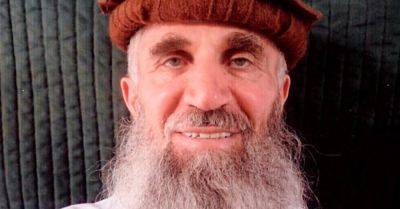Battlefield Commander’s Case Goes to Guantánamo Jury
A military jury on Wednesday began deliberating a sentence for an admitted war criminal at Guantánamo Bay after prosecution and defense lawyers portrayed the prisoner as, alternately, a senior member of a global Qaeda conspiracy or a battlefield commander defending Afghanistan from the U.S. invasion.
Many of the U.S. officers serving on the 11-member panel are themselves veterans of the U.S. wars in Afghanistan and Iraq. How they view the crimes of the man called Abd al-Hadi al-Iraqi could influence the length of his sentence, and whether they heed his lawyer’s request to recommend clemency.
The closing arguments focused on the battlefield in wartime Afghanistan, in contrast to the court’s better known cases, the Sept. 11, 2001, attacks and the U.S.S. Cole bombing in 2000, which are portrayed as acts of terrorism.
Mr. Hadi, 63, who was captured in 2006, pleaded guilty in 2022. Under the terms of his agreement, he is to receive a sentence in the 25- to 30-year range. But he could be released to the custody of a trusted country, if one can be found that will give him specialized care for a paralyzing spine disease that has left him disabled.
Douglas J. Short, the lead prosecutor, called Mr. Hadi a “senior member of one of the most notorious conspiracies to date, Al Qaeda,” who joined the movement before the Sept. 11 attacks and did not give up the fight when the United States invaded. Mr. Short said that Mr. Hadi put civilians in harm’s way in a campaign of suicide bombings and other operations in the early 2000s in Afghanistan, when the United States was pursuing a “hearts and minds” strategy.
He offered a timeline of the deaths of 17 U.S. and foreign coalition soldiers in 2003 and 2004. They were war crimes, he said, because







